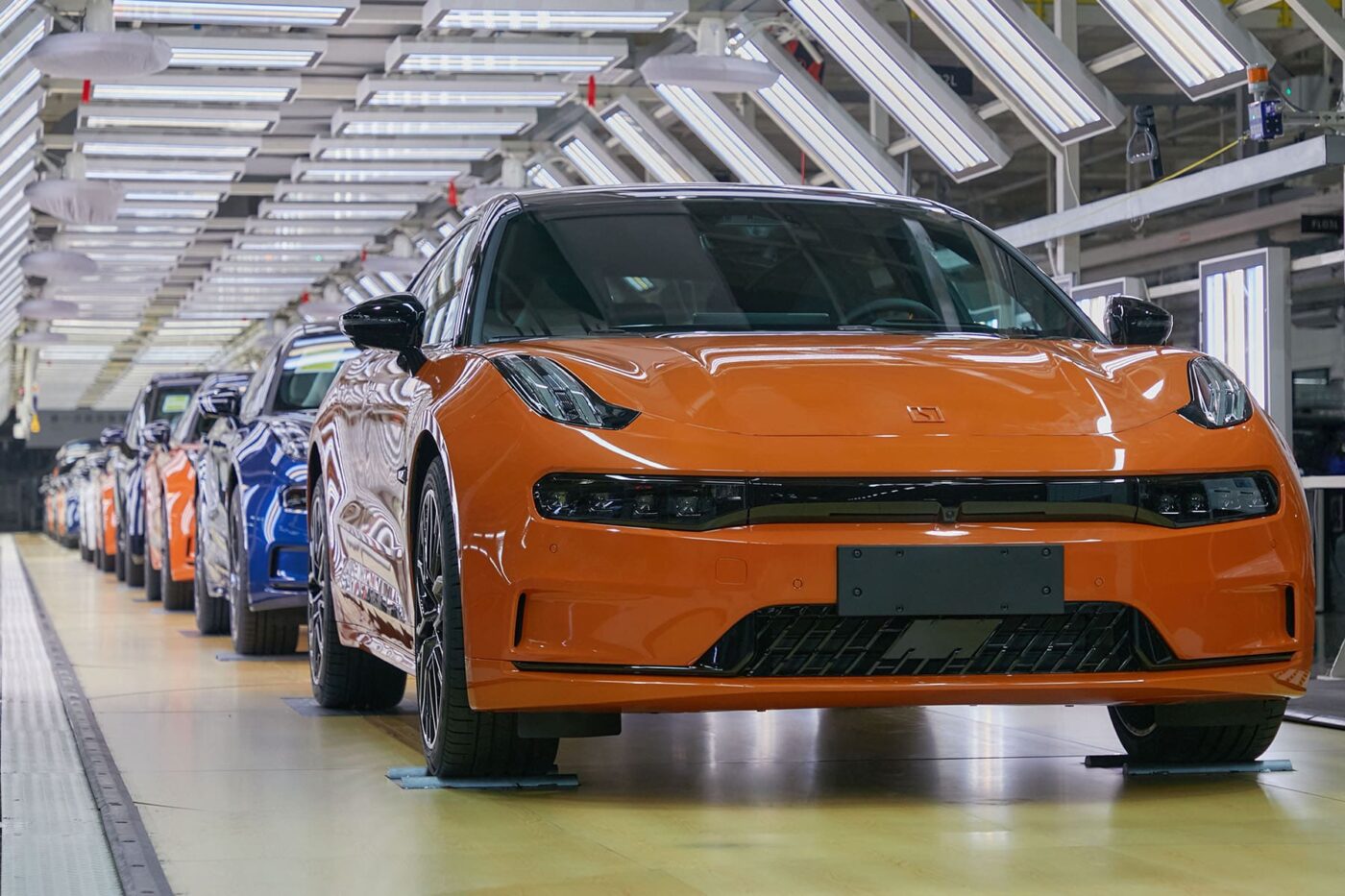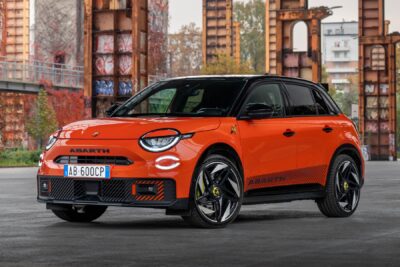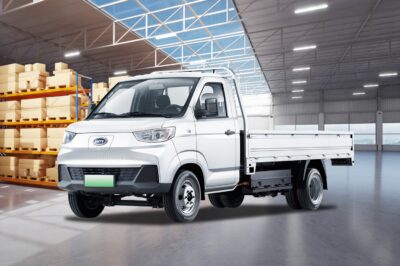Special tariffs: EU Commission rejects counter offer from Chinese EV makers
Several carmakers have proposed “offers for price undertakings,” said Olof Gill, the Commission’s trade spokesperson. However, the EU Commission turned down all of them. Though the offers remain confidential, it seems they were not high enough.
“Our review focused on whether the offers would eliminate the injurious effects of subsidies and could be effectively monitored and enforced. The Commission has concluded that none of the offers met these requirements,” Gill explained. However, Gill added that the Commission was “open to negotiations” about a possible solution.
So far, the tariffs are only provisional. EU member states will pass their final vote in October – until then, talks between Brussels and Beijing continue. China’s commerce minister Wang Wenato and EU trade commissioner Valdis Dombrovski will meet next week to discuss further possibilities.
The provisional duties were published for the first time on 4 July. Since, the Commission has adjusted the tariffs at least once and is considering doing so a second time. The new maximum rate for Chinese manufacturers that did not cooperate with the EU’s investigation would be reduced from 36.3 per cent to 35.3 per cent, and tariffs on Tesla cars built in China would drop from 9.0 per cent to 7.8 per cent.
Even if the two economic powers do not come up with a solution, it is not certain that the special duties will pass. Germany, a large auto nation that should seemingly benefit from competitors with lower-priced EVs, has long opposed the measure. German chancellor Olaf Scholz reiterated that during a visit to the Chinese capital. He was joined by Spanish Prime Minister Pedro Sanchez, who also called on the EU to drop its plan. And a non-binding vote in July showed how divided EU nations are on the matter.
The problem is that the tariffs could not only affect consumers, as EVs would become more expensive, it will also have an impact on European carmakers. A few days ago, it was reported that the Chinese government is urging its EV makers to keep their know-how in the country. That means they should not set up factories in Europe, for example, to circumvent possible tariffs, but rather set up assembly plants and opt for knock-down kits when building EVs outside of China.
ft.com (offer from EV makers), bnnbloomberg.ca (Scholz and Sanchez)





0 Comments